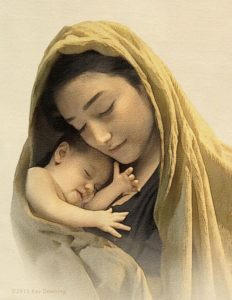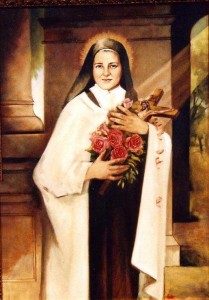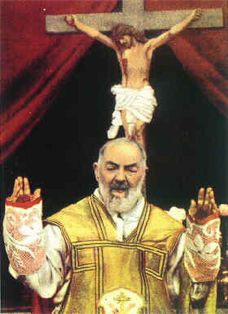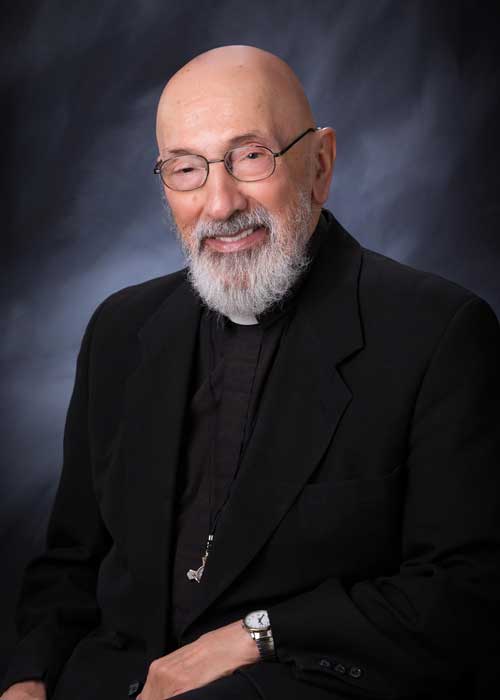Podcast: Play in new window | Download (Duration: 26:46 — 18.4MB) | Embed
Subscribe: Apple Podcasts | Spotify | Amazon Music | Android | Pandora | iHeartRadio | JioSaavn | Podchaser | Gaana | Podcast Index | Email | TuneIn | Deezer | Anghami | RSS | More
Do people see Christ in you?

Discerning Hearts Reflection Questions:
- Reflection on Embodying Christ’s Teachings: How can you actively demonstrate Christ’s teachings and love through your actions and interactions with others? Consider how your behavior, speech, and overall demeanor can serve as a reflection of Jesus’s message in your community and daily life.
- Understanding of Epiphany: How does the story of the Epiphany, with the three kings and the star, deepen your understanding of God’s universal love and plan for salvation? Reflect on the significance of Jesus being revealed not just to the Jews, but to all nations.
- Role Models of Faith: Msgr. Esseff mentioned various individuals who radiated Christ’s light in their lives. Who in your life has been a “radiant star,” guiding you closer to Jesus? Reflect on how their example has influenced your faith journey.
- Call to Action: Msgr. Esseff emphasizes being a light to the nations. What specific actions can you take in your community or circle of influence to be a source of Christ’s light and love to others?
- Personal Epiphanies: Have you experienced any moments of epiphany in your own spiritual journey where Christ was particularly revealed to you? Reflect on these moments and consider how they have shaped your relationship with God and your understanding of your Christian mission.
Reading 1 IS 60:1-6
Rise up in splendor, Jerusalem! Your light has come,
the glory of the Lord shines upon you.
See, darkness covers the earth,
and thick clouds cover the peoples;
but upon you the LORD shines,
and over you appears his glory.
Nations shall walk by your light,
and kings by your shining radiance.
Raise your eyes and look about;
they all gather and come to you:
your sons come from afar,
and your daughters in the arms of their nurses.
Then you shall be radiant at what you see,
your heart shall throb and overflow,
for the riches of the sea shall be emptied out before you,
the wealth of nations shall be brought to you.
Caravans of camels shall fill you,
dromedaries from Midian and Ephah;
all from Sheba shall come
bearing gold and frankincense,
and proclaiming the praises of the LORD.
Msgr. John A. Esseff is a Roman Catholic priest in the Diocese of Scranton. Msgr. Esseff served as a retreat director and confessor to St. Teresa of Calcutta. He continues to offer direction and retreats for the sisters of the Missionaries of Charity around the world. Msgr. Esseff encountered St. Padre Pio, who would become a spiritual father to him. He has lived in areas around the world, serving in the Pontifical missions, a Catholic organization established by Pope St. John Paul II to bring the Good News to the world, especially to the poor. He continues to serve as a retreat leader and director to bishops, priests, sisters, seminarians, and other religious leaders around the world.







